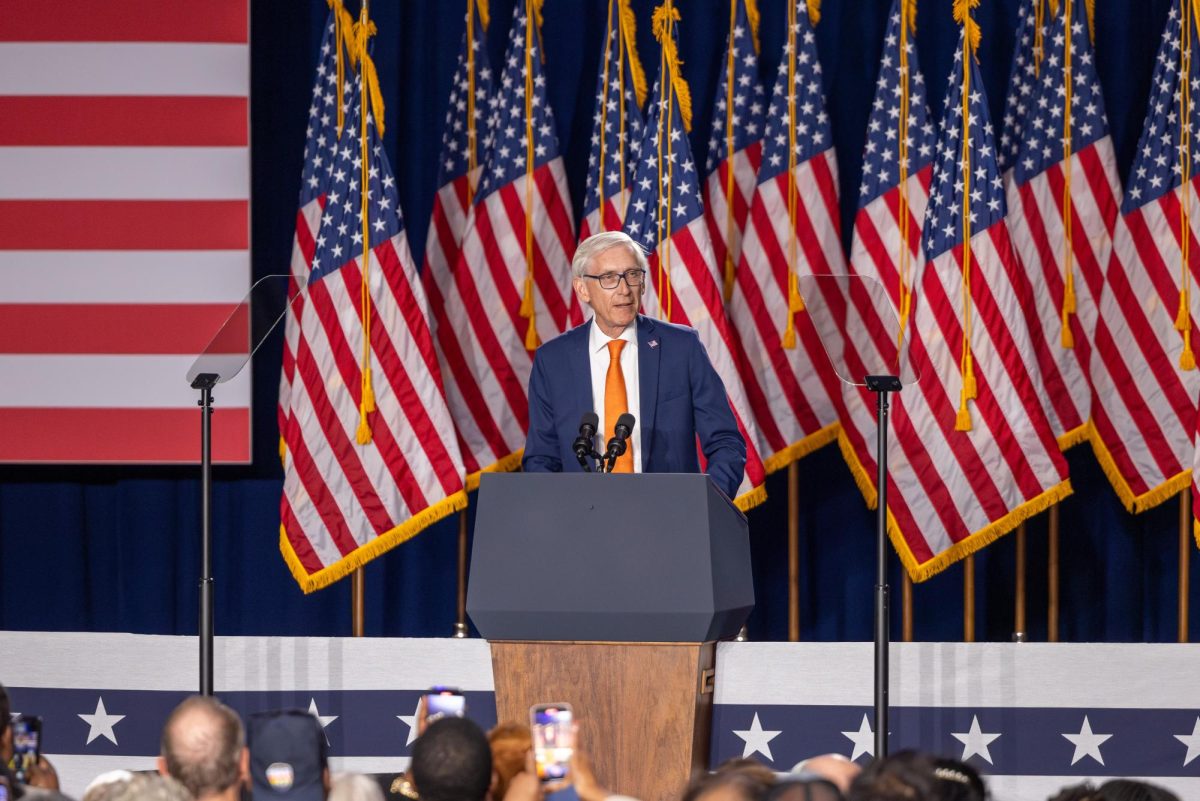A recent poll indicates that support is growing to repeal a law which prohibits retailers from selling products below their values, but concern for how it will impact small businesses and consumers persists.
Sen. Leah Vukmir, R-Wauwautosa, and Rep. Jim Ott, R-Mequon, introduced a bill to repeal the Wisconsin Unfair Sales Act, a law originally intended to protect consumers from unfair pricing.
According to the poll conducted by Wisconsinites for Consumer Freedom and surveying 500 likely Wisconsin voters, 56 percent believe that WUSA should be repealed. The percentage jumped up to 76 percent when survey participants were read opinions on the law.
Vukmir said the current law prevents Wisconsinites from being able to fully participate in Black Friday deals, driving revenue elsewhere.
“Unfortunately during this upcoming holiday season, Wisconsin consumers will be prevented from fully participating in Black Friday doorbuster deals because Wisconsin businesses are banned from legally selling items for below-cost prices,” Vukmir said in an email to The Badger Herald. “As a consequence, many customers will likely spend their money across state lines or purchase an item online.”
Dan Olszewski, director of the Weinert Center for Entrepreneurship, said the current law does provide a unique check on the free market.
Main Street Businesses, representing small businesses across Wisconsin, released a statement pleading Wisconsin legislators to oppose the bill.
MSB said repealing the minimum markup law would remove important protection for small businesses from corporate overreach.
Currently, alcohol, tobacco and gasoline all have specified markups to reflect their value. If the law is repealed, these products and many others could legally be sold for less than their values. While big companies can afford to sell products for less than their values in order to stay competitive, MSB argues that some small businesses could not.
MSB pointed out in the statement that if repealed, small businesses would be forced to close and as a result, consumer choice would be limited.
“This well-tested law doesn’t protect small business from the workings of a free market, but does provide small business owners the opportunity to succeed and prosper in a market with vigorous and fair competition,” MSB said in the statement.
Olszewski acknowledged that repealing the law would hurt some businesses, especially those that rely on similar pricing with their competitors. He agreed with Vukmir that consumers are paying more than they absolutely need to, but also said there have not been protests from Wisconsinites on the subject.
He also disagreed with MSB’s notion that the law protected consumers, saying that retail customers would come out on top if the law was ultimately repealed.
“But the other important part of the equation is the consumer, and so some businesses would win, some would lose, but overall the consumer would be the winner,” Olszewski said.














